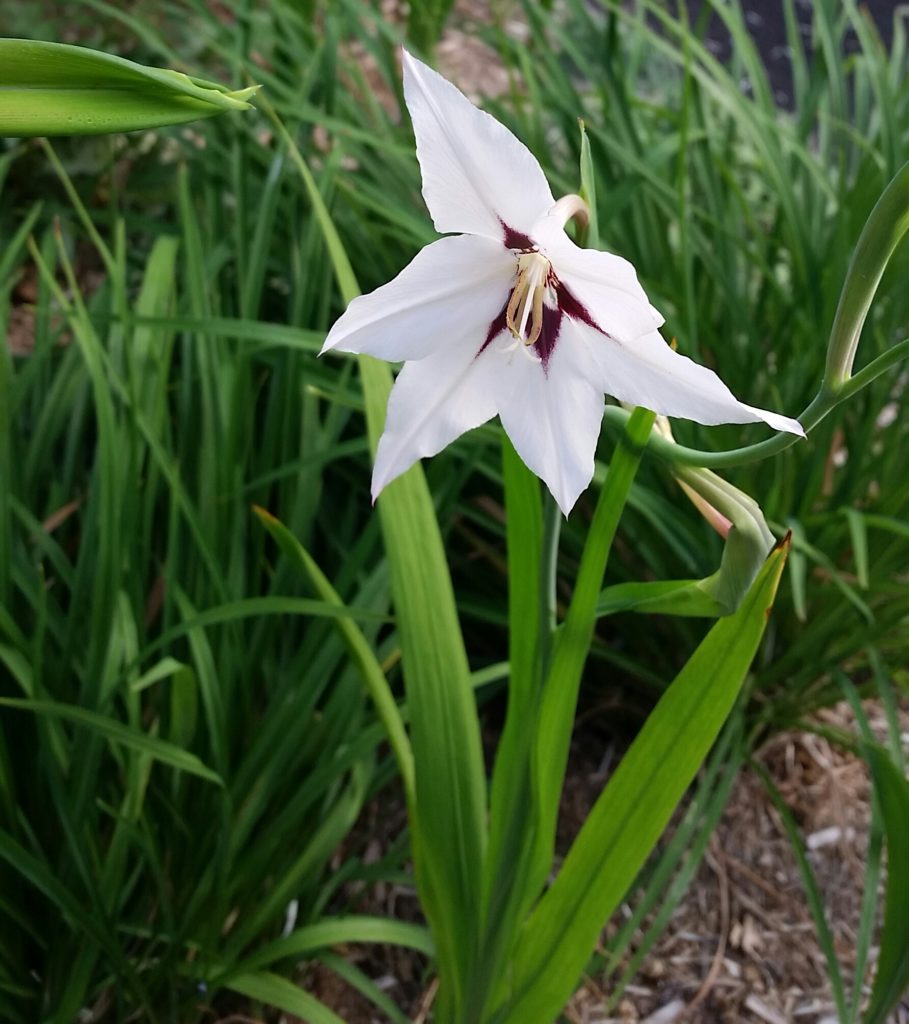How’d I end up here – in biomedical ethics? Also called bioethics.
After a college Diploma in Languages & Literature, on the Dean’s Honour List, I won a full scholarship to one of the universities in Montréal for a Bachelor of Arts (BA) program. I left the university at the start of my second semester to get a full-time job, so I could help provide temporary financial assistance to a family member who was seriously ill and unable to work.
Unfortunately none of the many school counsellors, with whom I’d had to meet prior to withdrawing for the semester, advised me that withdrawing from all courses would entail forfeiting the scholarship. When I went to register for the fall semester, I was heartbroken to learn that I’d lost the scholarship; without it, I couldn’t afford to return to my studies.
Luckily I hadn’t resigned from my full-time job, so had something else to focus us. I also joined the Royal Canadian Air Force (RCAF) reserve, completing 3 officer training courses within 3 years. I progressed well in my (civilian) career path, in administration, changing jobs a few times for progressively larger companies. And I never gave up on my dream of earning a degree (or more!), I just put it on hold.
By this time I was working with an international firm that offered career training, and was lucky to live in an area with several universities within an hour’s drive; I had a variety of evening courses to choose from, even back in those pre-internet days!
I opted for a university Certificate in Human Resources Management, figuring (correctly, as it turns out!) that courses in management, organizational behaviour, principles of training, etc. would be valuable no matter what type of career path I’d end up following.
By then I’d met my future husband, and suddenly wanted more time in my life; between my full-time job, RCAF reserves on evenings and weekends, and university classes and coursework, I barely had any time for ‘us’. So I took an educational leave from the Air Force reserves.
The Certificate course load was geared towards working professionals, with only 1 or 2 courses per semester, and I really enjoyed the classes and coursework. I finished with an award for top student in the program, on the Dean’s Honour List, and tied for first place in one of the specializations.
And realized that I could probably finish my degree and keep my marks high enough to get into a Masters’ degree program. My employer at the time offered a fantastic tuition assistance program, that reimbursed both tuition fees and textbooks (upon proof of successful completion), and would cover a Bachelor’s Degree in any subject.

This allowed me to pursue my dream of studying philosophy, although I was limited to programs offering evening and weekend classes; this was still long before eLearning. Thanks to that wonderful corporate program, I graduated with an honours BA in Philosophy, specialized in Ethics.
In the meantime, assisting that seriously ill family member – over the course of many years – had piqued my interest in bioethics. And I’d had a few fairly serious childhood health issues (including episodes of respiratory failure requiring mechanical ventilation), so was drawn to a role in which I could potentially help others deal with their health issues.
I’d already started working in healthcare administration, and decided to go back to school – again! – to get a Masters’ degree in Bioethics. My sweetheart and I had gotten married, had a mortgage and other responsibilities; so once again I opted for part-time studies.
Although my healthcare industry employer had an educational program, Masters’ degrees were only covered for certain programs; bioethics wasn’t one of them. My husband encouraged me to use some of our savings for the tuition costs, and I was soon working towards a Masters’ degree on a part-time basis.
When an interesting position came up at a multi-hospital university health centre, I changed jobs again. I learned a lot as research coordinator for an epidemiology and biostatistics group, within the joint Research Centre of the university and its affiliated health centre.
Here in Canada we have a ‘universal’ and governmental healthcare system, and this was the first time I’d worked within this system. Each province managed its own health system, so healthcare in Canada is not a cohesive system; it’s something of a patchwork with differing approaches between each province and territory. It was an eye-opening experience, to say the least!
Looking back, I’m not quite sure how I managed; I graduated from the Masters’ program with honours 2 years later, despite the fact that during that time both my mother and mother-in-law had been diagnosed with terminal illnesses. I had medical power of attorney for my mother, so was heavily involved in her care and treatment decisions; in our lighter moments, she and I would sometimes joke that she was providing me with a crash-course in end-of-life decision-making… before I even finished my degree — and she wasn’t even charging me for it!

Seeing these 2 strong women struggle with terminal illness – and often with the healthcare system itself – cemented my decision to try to find yet another new job; this time in bioethics. So now I’m doing something, every day, to protect patients’ rights. And that’s how I ended up working in bioethics!
This post is dedicated to the memories of Carol and Jeannine…

